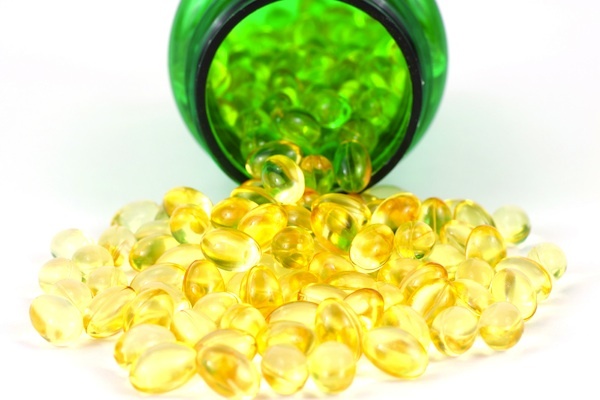
Vitamin D and Your Health: It's Not a 'Cure All'

Growing up in sunny California, I never thought much about the so-called "sunshine vitamin." I wasn't one to sit on the beach tanning, but I did play just about every outdoor sport imaginable. That's why it came as such as shock that I was deficient in this important vitamin.
But I guess I should have seen it coming. After all, I had moved from the Sunshine State to Rain City (Seattle). That's when I learned how important vitamin D truly is for our health.
I began to advocate supplementing with vitamin D daily, and I wasn't the only one. Many doctors and nutritionists recommend supplementing with vitamin D because, not only are many of us deficient, but deficiency has been linked to various diseases. There's one thing it doesn't do, though. According to a study published this month in the journal JAMA Internal Medicine, vitamin D does not lower blood pressure.
Participants in this study were ages 70 and older, and suffered from high blood pressure. After taking a high-dose vitamin D supplement or placebo every three months for a year, researchers found that supplementation did not improve blood pressure. [9 Foods That Are Good Sources of Vitamin D]
So, vitamin D may not be a cure for high blood pressure, but there are plenty of other reasons to pay attention to your vitamin D levels.
- Preventing Alzheimer's disease: Vitamin D along with the omega-3 fatty acid DHA may help control inflammation and improve clearance of the plaques that are often associated with Alzheimer's disease, according to a study done on cells growing in lab dishes, which was published in February in the Journal of Alzheimer's Disease.
- Boosting immunity: Children who increased their intake of vitamin D3 through fortified milk were about half as likely to experience cold symptoms, compared with children who remained deficient, according to a 2012 study in the journal Pediatrics.
- Lowering breast cancer risk: Low blood levels of vitamin D may predict a high risk of pre-menopausal breast cancer, according to a study published in February in the journal Cancer Causes and Control. Researchers studied 1,200 women, found that those with the lowest levels were about three times more likely to develop breast cancer compared with women who had the highest levels.
- Preventing osteoporosis: Post-menopausal women who consistently supplemented with vitamin D for three years had a significant reduction in vertebral fractures in the second and third years of supplementation, according to a 1992 study in the New England Journal of Medicine.
Healthy Bites appears weekly on LiveScience. Deborah Herlax Enos is a certified nutritionist and a health coach and weight loss expert in the Seattle area with more than 20 years of experience. Read more tips on her blog, Health in a Hurry!
Sign up for the Live Science daily newsletter now
Get the world’s most fascinating discoveries delivered straight to your inbox.










